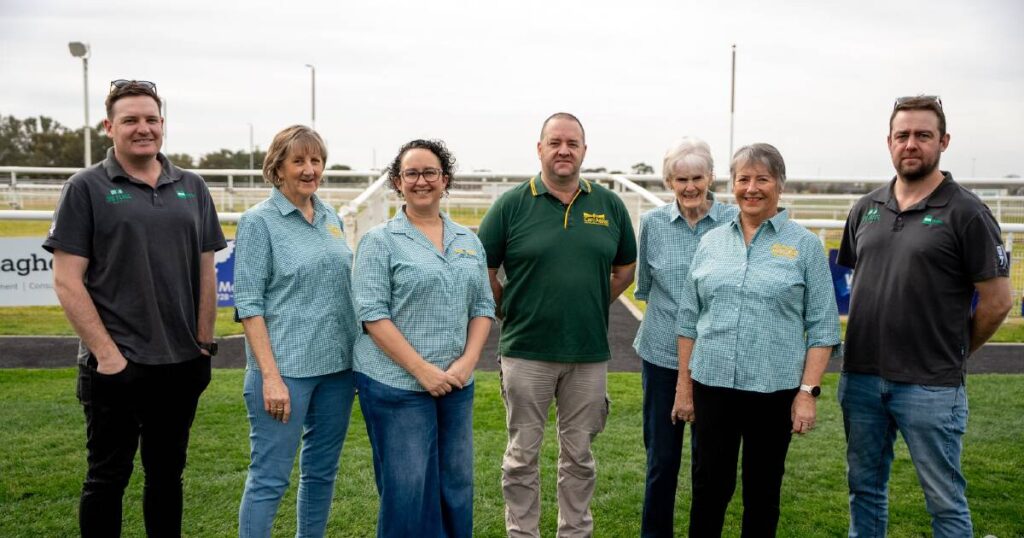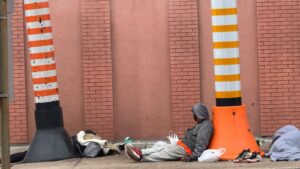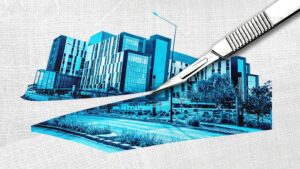
For Leonie James, a resident of Leeton in New South Wales, the decision was painfully clear-cut: face financial devastation or forgo crucial cancer treatment. Her story is emblematic of the challenges confronting thousands in rural and remote areas of the state. The tyranny of distance exacerbates a cancer diagnosis for country residents, a struggle urban patients seldom encounter.
“Had it not been for Lilier Lodge and Can Assist, I literally would not have been able to afford access to my treatment,” James shared, underscoring the critical support provided by these organizations.
The statistics tell a sobering tale. A recent report revealed that
43% of regional cancer patients endure significant financial distress, with 21% forced to skip treatment due to costs.
This isn’t merely about the price of fuel. It involves weeks, sometimes months, away from home, family, and work. Treatments such as radiotherapy often require daily sessions over several weeks, compelling patients to seek and finance accommodation far from their support networks.
Can Assist: A Lifeline for Rural Patients
For the volunteers at Can Assist, this is the harsh reality they confront daily. The organization, powered by over 3,000 volunteers across country NSW, operates entirely on community fundraising to bridge the gap for those in need.
Bianca Armytage, the patient liaison officer for Can Assist in Deniliquin, witnesses the grueling toll on patients. “We have patients traveling 410km return, five days a week for up to six weeks to receive radiation therapy,” she explained. “They find themselves living hours away from their family and loved ones. It places an incredible strain on the entire family unit.”
Last year alone, the Deniliquin branch provided over $107,000 in assistance, supporting locals who often travel to Albury, Bendigo, or Melbourne for care. Meanwhile, in Wagga Wagga, the need is equally pressing. The city’s Can Assist branch allocates approximately $200,000 to more than 200 patients annually. Its accommodation facility, Lilier Lodge, is a critical lifeline, assisting over 2,000 patients each year from towns as far as 300km away, including Griffith, Hay, Hillston, and West Wyalong.
Community Support and Fundraising Efforts
Wagga Can Assist president Debbie Keighran highlighted that the greatest burden is often the “out-of-pocket” medical expenses. “Around 65% of our total patient costs are for expenses like scans, pharmaceuticals, and home hire equipment,” Keighran noted. “For families managing a child with cancer, the financial stress peaks, as parents and extended family are often required to take extra time off work.”
The Deniliquin community recently demonstrated remarkable support. An Elders NSW v Vic State of Origin footy match, orchestrated by Karen Weymouth from Elders Wagga and John Fitzpatrick from Elders Deniliquin, raised $32,500.
“We have never held an event or had one held for us where so much money has been raised, it was truly incredible,” said an emotional Mrs. Armytage. “It has taken the pressure off us and means we can continue to support those families during their cancer treatment.”
Looking Ahead: Continued Support and Awareness
Now, the Wagga community has its opportunity to demonstrate similar support. The Can Assist Charity Race Day will take place at the Murrumbidgee Turf Club on Saturday, October 18. Keighran hopes for a significant turnout to help fund their vital work for the coming year.
“It will be a fantastic, family-friendly day of racing, with delicious food and drinks, bookies, a tipping competition, fashions on the field, and live music by four local artists,” she said.
This development follows a broader trend of communities rallying together to support their own, underscoring the importance of local initiatives in addressing healthcare disparities in rural areas. As Can Assist continues its mission, the organization remains a beacon of hope for those facing the dual burdens of illness and financial hardship.







